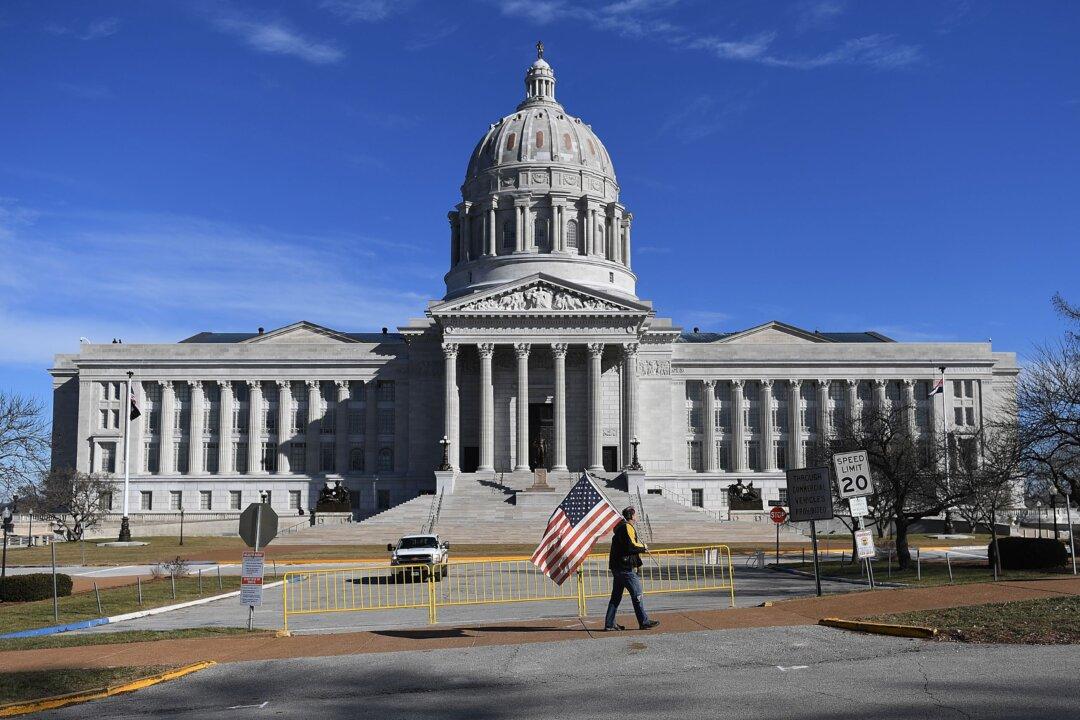Missouri Governor Mike Parson unveiled the “MO VIP” program last week. This campaign encourages unvaccinated Missourians 12 years old and up to get a COVID-19 shot. It offers cash prizes and education savings for tuition.
The Missouri COVID Vaccine website states, “Vaccination is the most effective and long-lasting tool for protection from this infection.” A total of 900 winners will be drawn from those who are already vaccinated as part of the incentive program.





